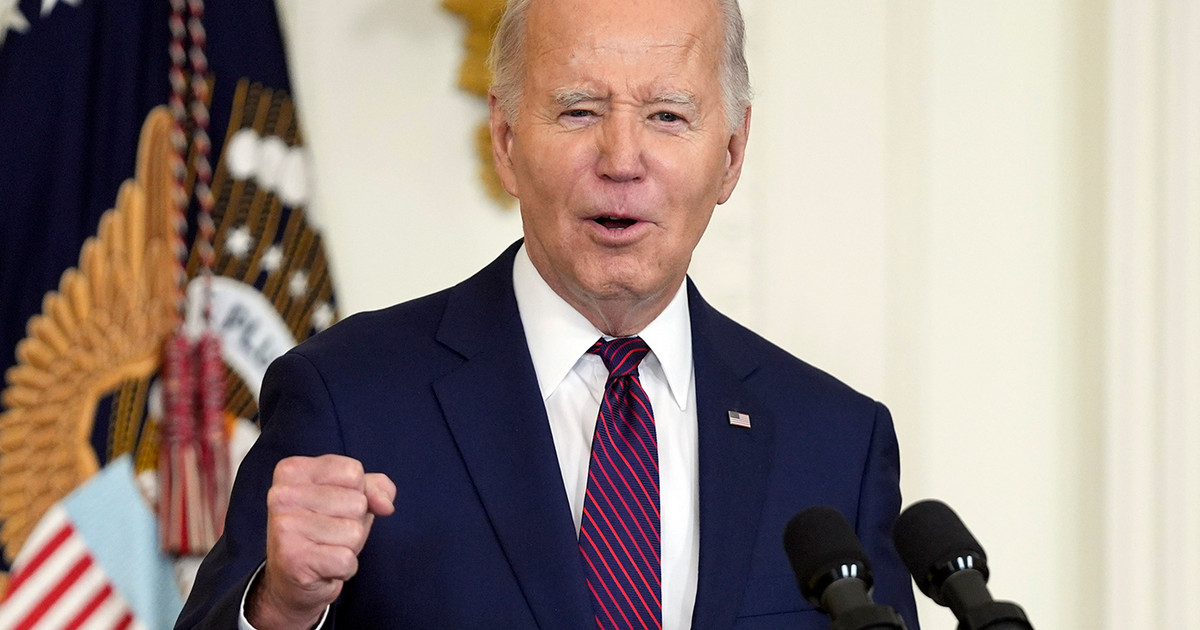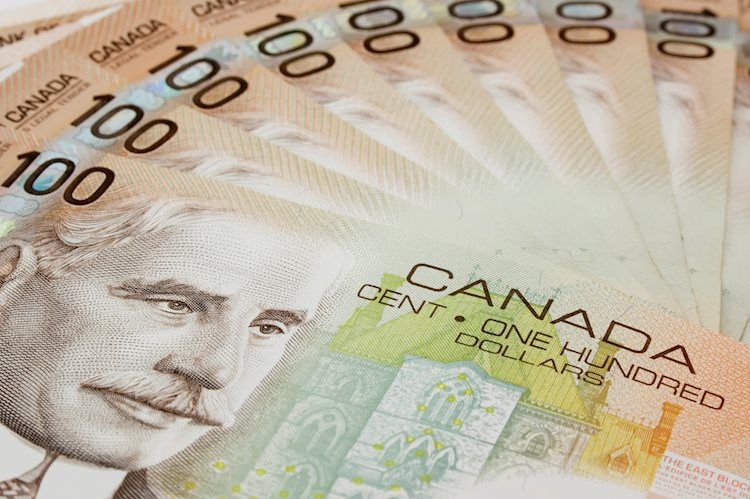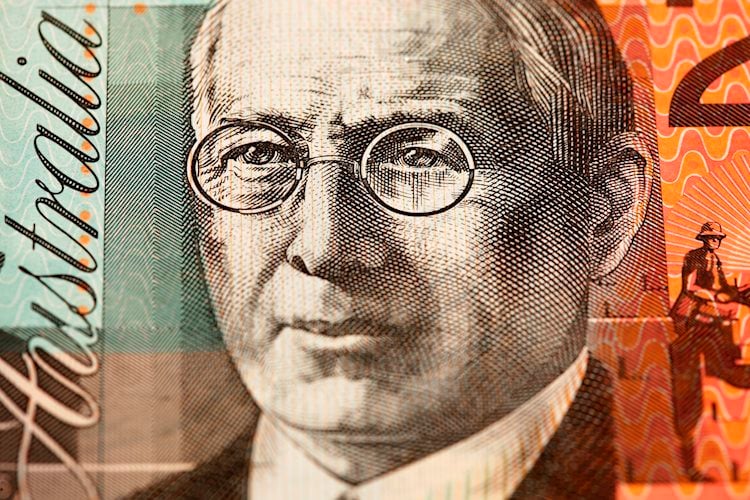There is still more than a year to the 2022 elections, but the financial market, which likes to anticipate it, is already beginning to discuss who would be its preferred candidate.
Over the past few weeks, the CNN spoke with influential market participants: two CEOs of two of the largest managers in the country; the chief economist of one of the largest national banks; and the chairman of the Board of Directors of one of the largest financial institutions in Brazil; in addition to market analysts and analysis houses.
With the election still far away, the sources preferred to talk with the CNN without identifying himself.
The chief economist of a major bank says the market is divided between those who were disappointed with current president Jair Bolsonaro and those who are afraid of former president Luiz Inácio Lula da Silva. he told the CNN: what you don’t have today is the picture from four years ago, when the market didn’t blink in relation to Bolsonaro. Today there is already a fear that he will become a populist president.
A crucial point, which may be the tie-breaker, is the definition of the vice president, who can either favor Lula or a third way candidate – an option that would be the market’s “dream of consumption”, but for now it seems little feasible.
According to the chief economist, the market is looking a lot towards the deputy, because Sergio Moro depends on a good deputy to be able to make a good political articulation. And, in Lula’s case, a deputy like former São Paulo governor Geraldo Alckmin can symbolize that he will be more moderate and will walk more to the center.
Specifically about Lula, the economist cites a phrase often repeated among economists: if it will be the Lula of 2022, it will be “Lula 1” or “Lula 2”. If it is “Lula 1”, acceptance is greater, referring to Lula’s first term, in 2003, when the former president named respected names in the economic team and wrote the letter to the market; or if he would be Lula in the second term, when the government was more interventionist and surrounded by names like Guido Mantega and Arno Augustin.
The chairman of the board of one of the largest financial institutions in the market sees reservations about Lula, is more enthusiastic about former judge Sergio Moro and the governor of São Paulo, João Doria – despite their lower voting intentions -, but believes that Jair Bolsonaro has the biggest rejection in the market today.
He says that Lula’s problem is the PT, since the former president’s CNPJ is the party. But he ponders that if Lula joins Alckmin, the alliance would provide great security for the market. Moro is a strong candidate, he continues, but it depends on who will be his vice-president and his team.
João Doria appears behind in the surveys, but, according to him, one should never doubt a stubborn person. And he adds: the biggest concern of the market today is to have Bolsonaro as president in 2023, because he is an erratic president and causes a lot of volatility in the Stock Exchange.
The CEO of one of the largest managers in the country corroborates this view. According to him, Faria Lima (the São Paulo avenue where many companies in the financial market are concentrated) is very disappointed with Bolsonaro, despite Paulo Guedes being very well known in the market. And Lula managed some bridges with the market during his term. But the preferred way would be a third way.
The rejection of Bolsonaro, continues the CEO, is explained by the fact that a good part of the economists who are in the main financial institutions in the country are former members of the PSDB and PT governments. According to him, they are economists more from the center or left. This is a good thermometer for how the financial market thinks, he says.
Another widespread view is that the market accepted several measures that ran counter to the liberal agenda promised by Bolsonaro, but continued to support the government because he believed that Paulo Guedes was faithful to the spending ceiling and would keep the rule intact.
The last straw was the change in the PEC dos Precatórios, which opened space on the roof for Brazil Aid – what the minister defined as a “waiver” at the time. The measure was interpreted as a hole in the ceiling and a clear sign that public accounts would no longer be as disciplined as before, as the government gained a license to spend.
economic teams
The definition of names for the economic team is another factor discussed in the market. Participants praise the definition of Affonso Pastore, appointed by Moro as his advisor.
On the other hand, the team that the PSDB tries to cast, despite not yet having answers about the invitations made, is defined as a “dream team” (the dream team).
In an interview with CNN the day after the PSDB preview, João Doria stated that his economic team will have six members, three of them women, and will not be centered on one person, “it will not have an Ipiranga Post”.
Among the names listed are economist Zeina Latif, who was chief economist at XP, and Ana Carla Abrão, a partner at Oliver Wyman and one of the leading authorities on administrative reform. Both names are highly respected by the market.
One of the sources consulted sums up the scenario very simply, saying that the market has no preference, it simply wants a president who follows the reform agenda and is responsible from a fiscal point of view.
The president who symbolizes this, whether appointing a vice president or an economic team that represents these theses, will win market preference.
Reference: CNN Brasil
I am Sophia william, author of World Stock Market. I have a degree in journalism from the University of Missouri and I have worked as a reporter for several news websites. I have a passion for writing and informing people about the latest news and events happening in the world. I strive to be accurate and unbiased in my reporting, and I hope to provide readers with valuable information that they can use to make informed decisions.






